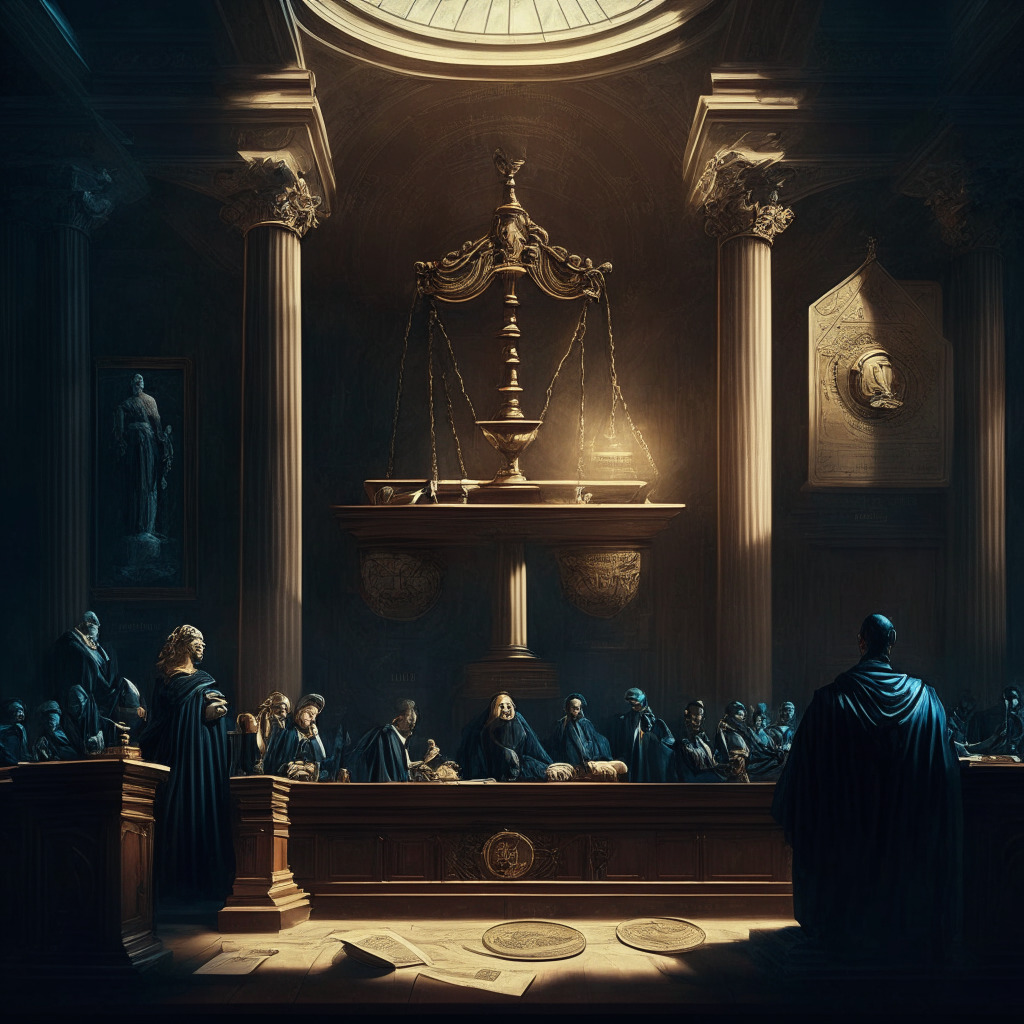This week, the crypto community was left stunned as news emerged about the arrest of George Santos, a Long Island Congressman with reported ties to Sam Bankman-Fried, the founder and former CEO of FTX crypto exchange. The charges against Santos have ignited discussions on the potential impact of the controversial Digital Commodities Consumer Protection Act (DCCPA) that some believe would have benefitted Bankman-Fried and FTX.
Santos, who faces multiple criminal counts, allegedly embezzled campaign funds to support a lavish lifestyle. What is most interesting is that public records link Santos to donations from key figures in the FTX circle. While the connection between Santos and FTX initially seemed puzzling, it seems that the donations were part of a donor “swap” agreement with Michelle Bond, former CEO of the FTX-backed crypto trade group Association for Digital Asset Markets.
Bankman-Fried’s web of political influence in 2021 and 2022 has certainly raised eyebrows. He has been charged with various criminal offenses, including violating campaign finance laws by funneling stolen funds through “straw donors” to bypass legal limitations. While Bankman-Fried maintained a public image as a concerned philanthropist, his political connections extend far and wide, from his mother’s association with the pre-FTX fundraising organization to influential Democratic strategist and fundraiser, Sean McElwee.
The philanthropic activities Bankman-Fried publicly supported seemed questionable, too. For instance, his younger brother Gabe Bankman-Fried led a political advocacy nonprofit called Guarding Against Pandemics (GAP), mainly funded by FTX. GAP’s political efforts, however, were underwhelming and failed to secure any notable victories.
Despite these setbacks, Bankman-Fried’s immense political donations opened doors for him to influential figures, such as U.S. Securities and Exchange Commission (SEC) Chair Gary Gensler. The industry, though, has shown opposition to the DCCPA legislation, which critics claim would impose excessive requirements on decentralized finance (DeFi) platforms and services, thereby potentially restricting DeFi in the U.S. and directing more business towards centralized entities like FTX.
As Bankman-Fried’s criminal trial approaches in October, many are focusing on the alleged theft of customer funds. However, it appears that the larger and more concerning issue is the possibility that Bankman-Fried and his associates used these stolen funds to manipulate the legislative process of the United States, furthering their own self-serving interests. The crypto community, now more than ever, must stay vigilant and informed as these complex scenarios unfold, ultimately determining the course of blockchain technology, markets, and safety.
Source: Coindesk




